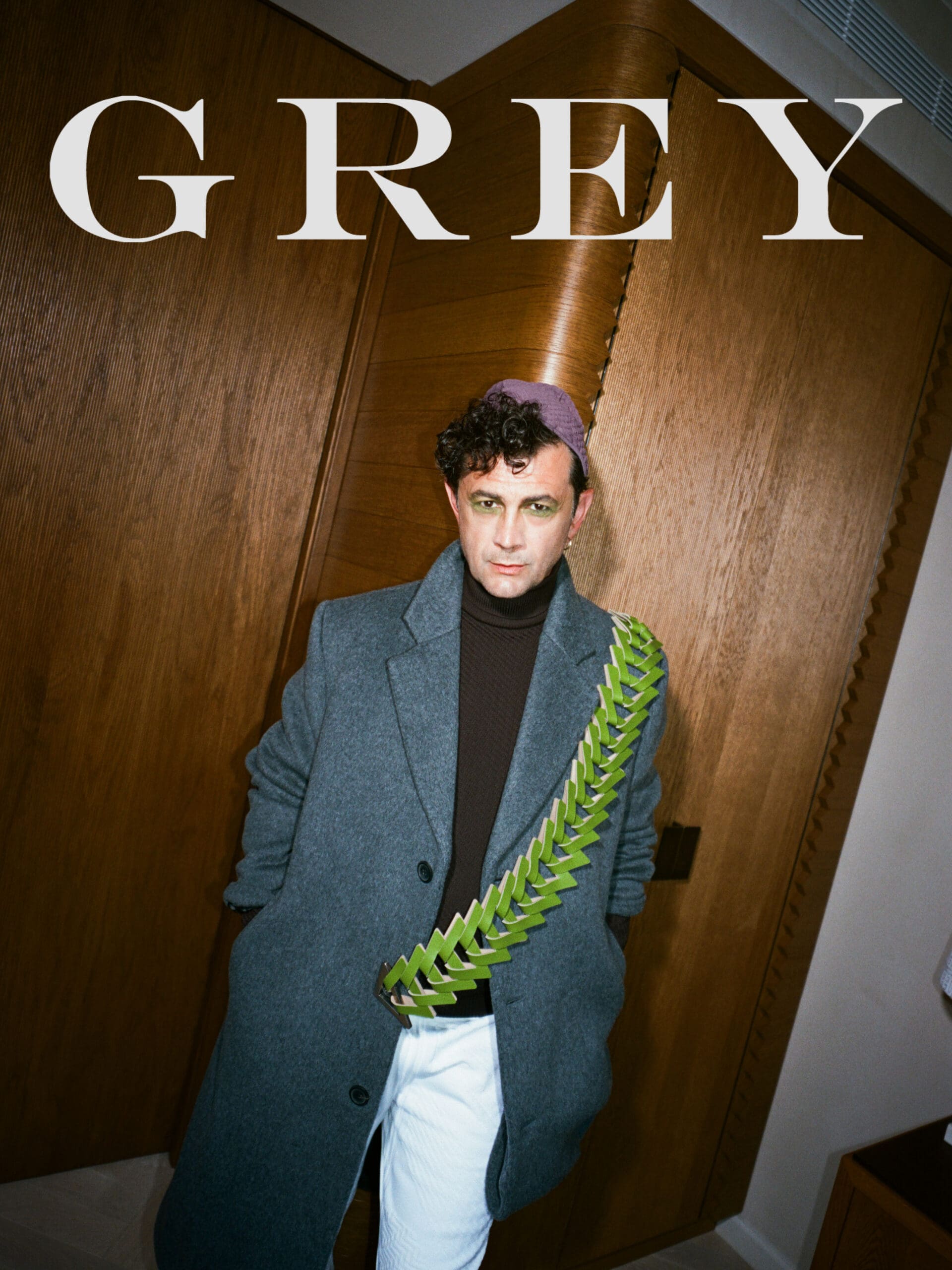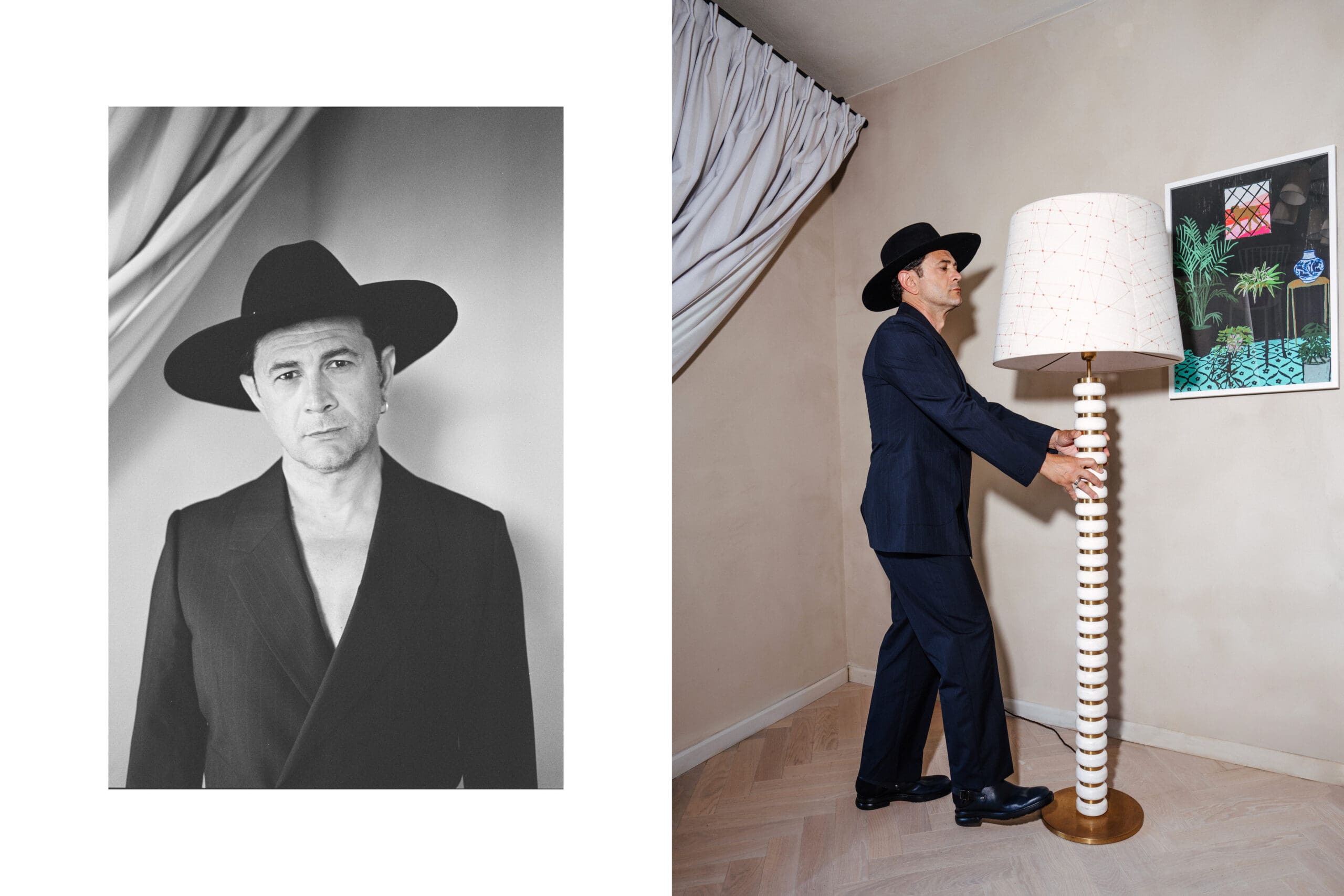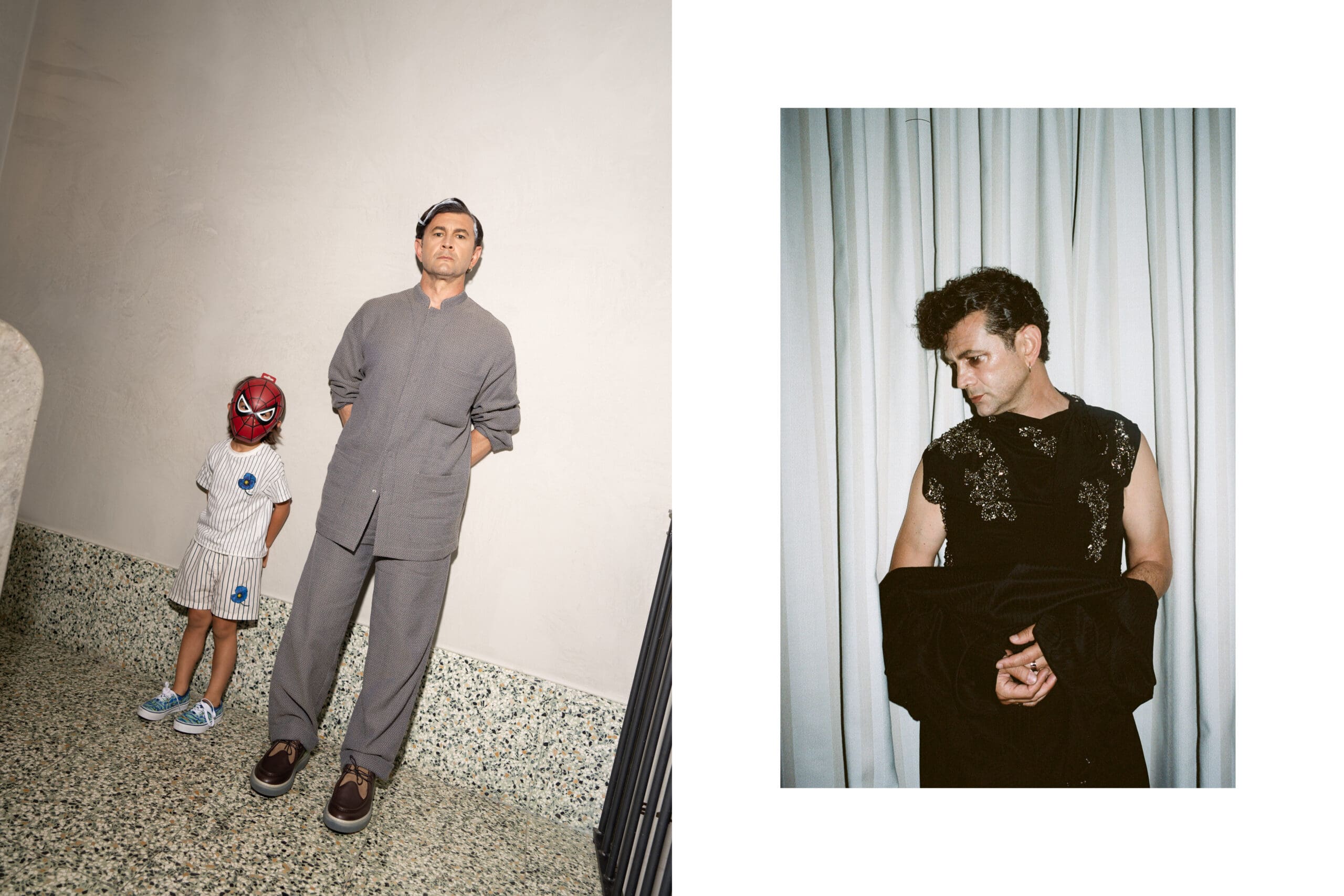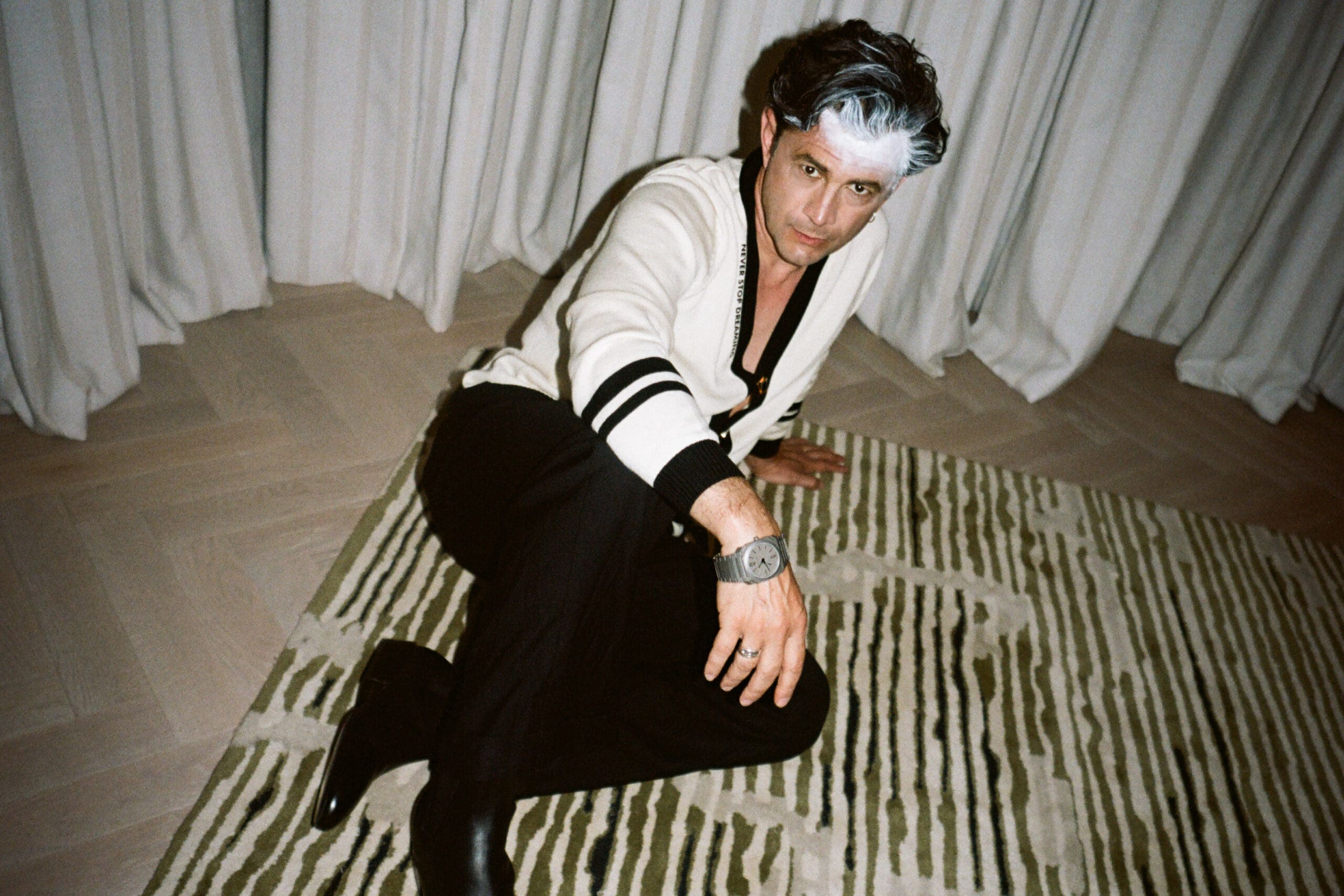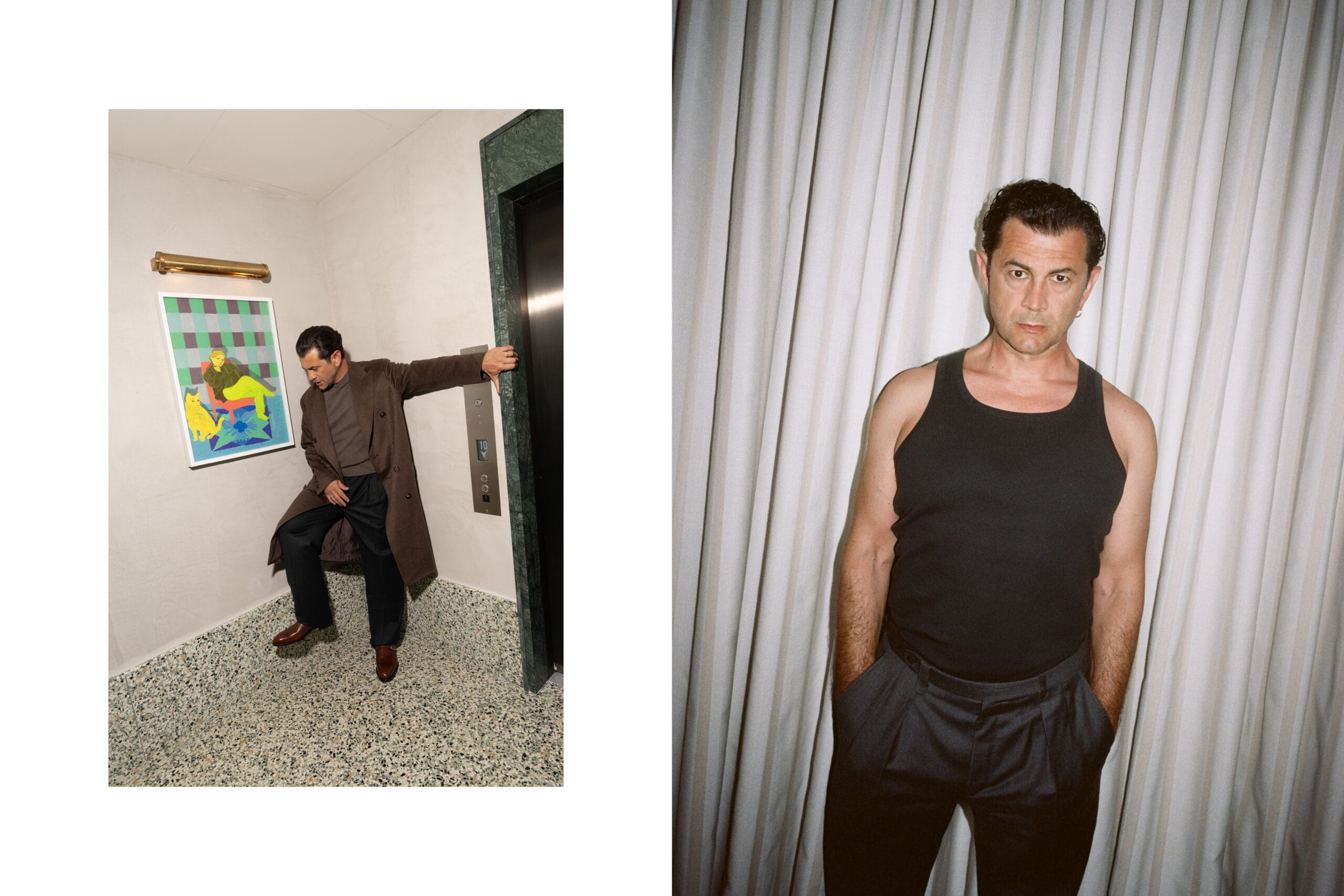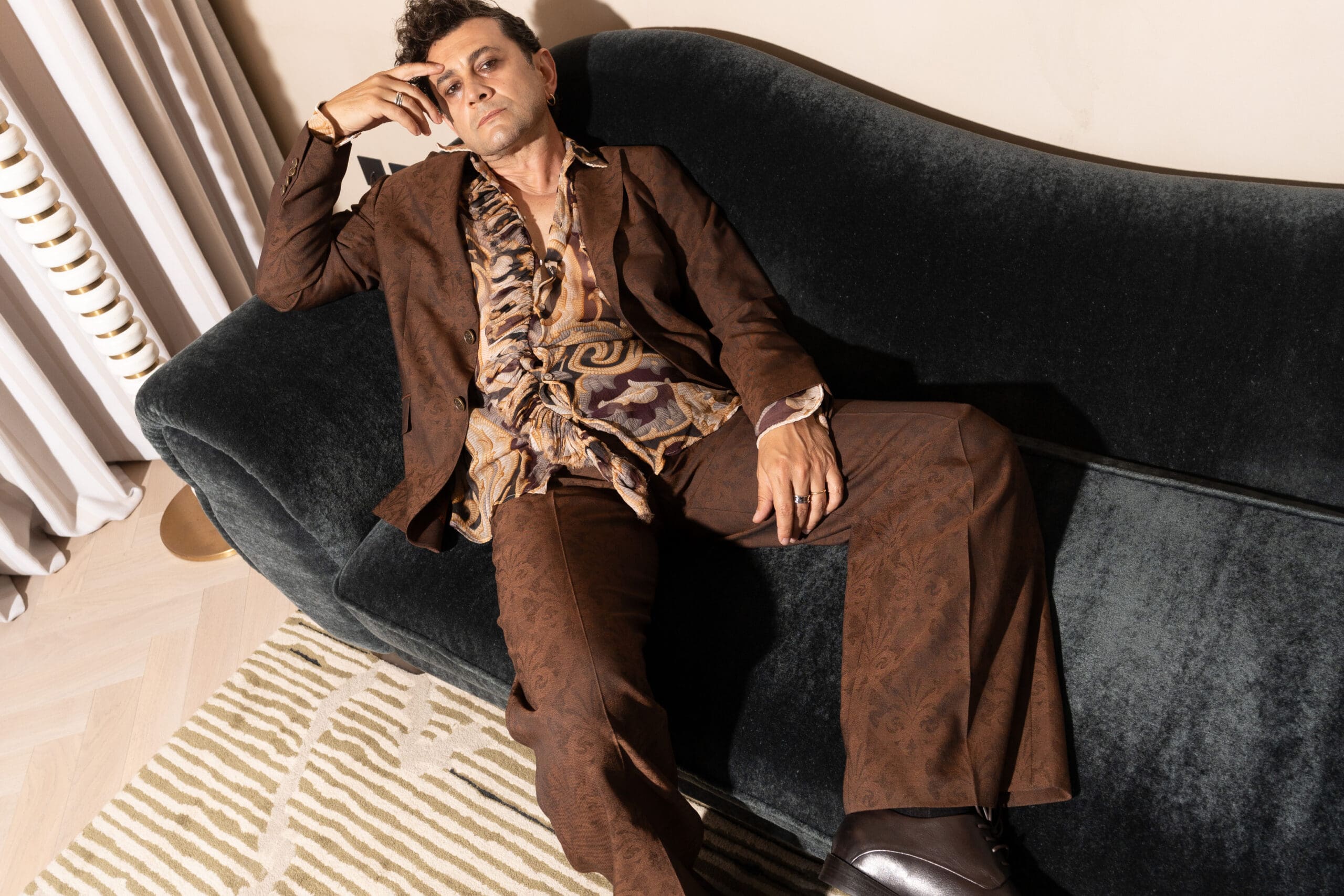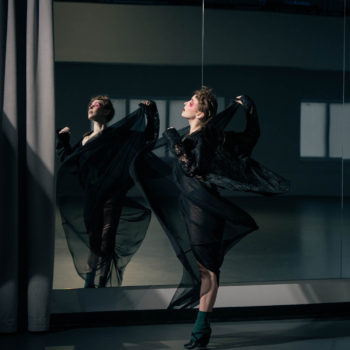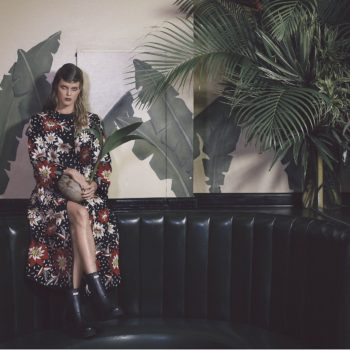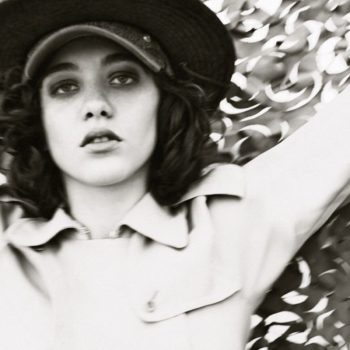Your first novel, Tre Notti (“Three Nights”), a coming-of-age and partly autobiographical story, was recently released. What prompted you to write it?
The need to write this novel has a very long genesis. It started 14 years ago while I was moving out. I found an old box with some of my teenage diaries that I hadn’t read in over twenty years. As I reread them and reopened those pages, I felt a great tenderness for that boy—adolescent—who suffered so much from the death of his father, from school, from falling in love. I also felt a great distance from that boy: it seemed like I was reading about someone else. So, from those diaries, back then, I told myself—since I’ve always had a love for literature and writing—that if I ever managed to write a novel, it would be wonderful to talk about adolescence, to put myself in that time, and try to speak again about the great distance that a child feels from his father.
If you could relive a moment from your artistic journey with the knowledge you have today, which one would you choose and what would you do differently?
If I could relive a moment of my journey as an actor and director, I would definitely go back to the years of drama school, to university. The years of training, because I have a great nostalgia for that innocence, that freshness, that passion, that fervour towards this profession, and the constant discovery that those years represented. I wouldn’t change anything because I’m very satisfied with everything I’ve done and because everything I’ve done is the result of every step I took before. Perhaps I would tell my 25-year-old self, while I was studying, to have a bit more fun. With the awareness I have now, I would advise myself to enjoy it more right from the start.
Looking to the future, is there a character or a story you dream of working on, but haven’t had the chance to interpret yet?
There are so many stories and characters I’d love to explore. In theatre, I can say that from the start I’ve played the major protagonists of world and also classical Greek dramaturgy. Shakespeare, Ibsen, Tennessee Williams, Virginia Woolf. I’ve always taken on great roles and great scripts in the theatre. The beauty of this profession is that, as you grow older, as a man and as a human being, you get the chance to play characters that correspond to your age. I regret not having played Hamlet yet. I think I’m starting to be a bit too old for it, but never say never. As for cinema, it depends on the stories, the scripts, the encounters with directors. In cinema, I believe the meeting with a director, a story, and a character is essential. If these three pillars are not in place there’s no chance to grow—either as a human being or as a professional.
Have you ever had an encounter or conversation that changed the way you see acting or the world of cinema?
I’ve been lucky enough to meet, during my career both in theatre and cinema, some great directors and professionals. In some cases, true masters. I think of Luca Ronconi for theatre, but also Roberto Latini, who has always been somewhat of an outsider, he taught me the freedom of this profession, the playfulness of it. From Ronconi I learned to be an author-actor. To read texts, to open them up, to trace the dynamics, the themes, the invisible threads that connect words. In cinema, the most extraordinary recent encounter has been with Antonio Capuano, who is a human being and an artist completely detached from all the typical cinema logic. Daniele Vicari, who is an extraordinary director, a man with a strong ethical code, morality, and intellectual honesty. Just these days I’m on set for his latest film and it’s been amazing to see him work with this wonderful humanity. The conversations and the exchanges during breaks, the meetings during rehearsals are perhaps the most beautiful part of this profession.
You and your wife, Milena Mancini, are both actors: a profession that can be very intense. How do you balance your personal relationship with the demands of your work? Has there ever been a need to redefine your importance within a shared project, such as in the upcoming movie by Ozpetek, set for release in December?
Working together and sharing a fundamental piece of life is a continuous exchange. We’ve created a production company, we work together. She writes, performs her monologues and shows and I direct them. We produce them, she gives me advice when I work and interpret my characters. I give her feedback on her work; it’s an ongoing exchange, and it’s beautiful. In Ferzan’s movie I have a very small role, but I was thrilled to participate in a story that’s entirely female-led. I was serving Milena’s role and what Ferzan needed for the movie, and what was required for Milena’s character to move the dynamics forward in the best possible way. On set, it was beautiful because working with a director who deeply loves his actors and actresses is always a great fortune, and Ferzan is a master in this. There was a great deal of respect, first and foremost, which I think is a fundamental quality both in a couple and in a professional relationship, along with mutual respect for each other’s work.



